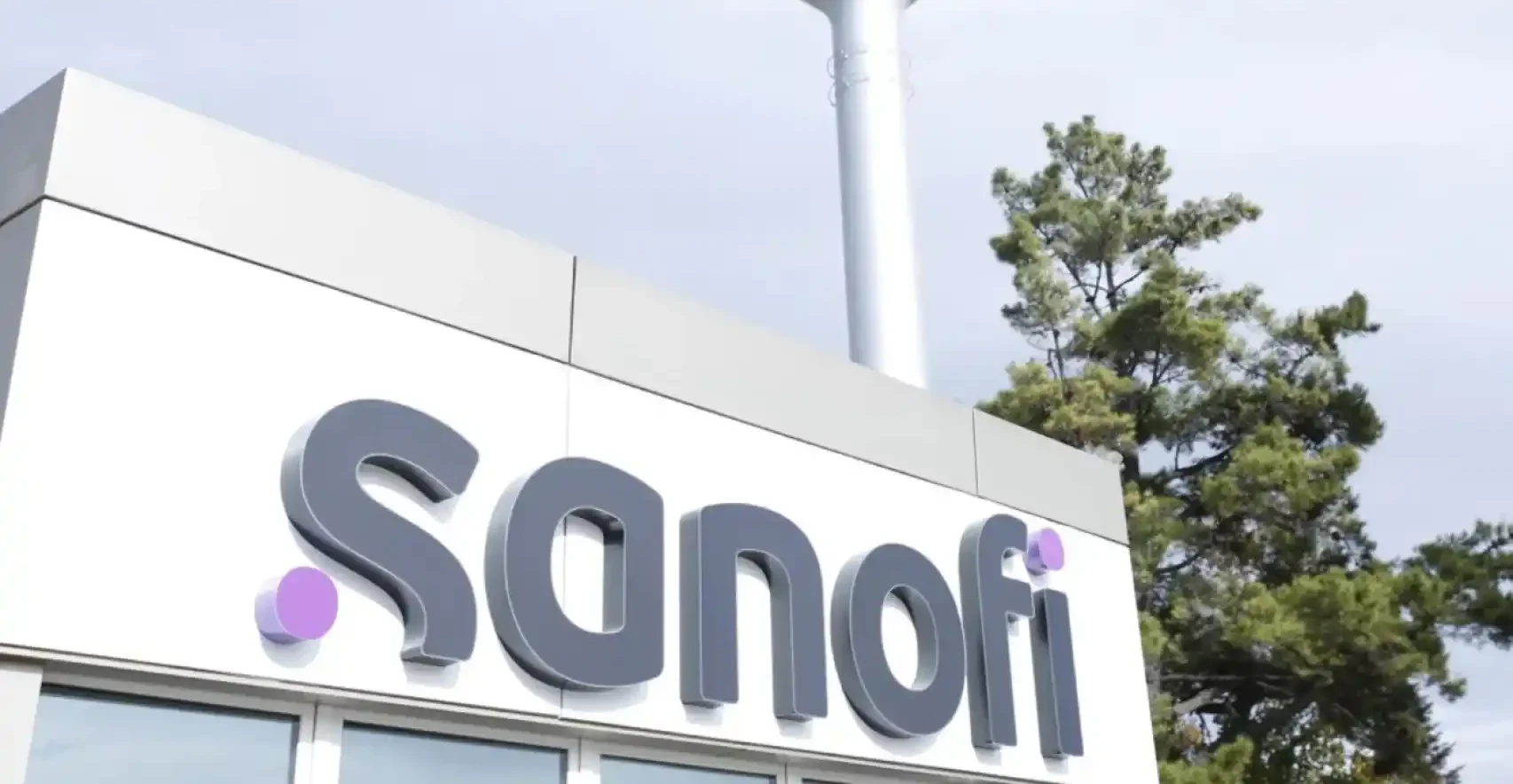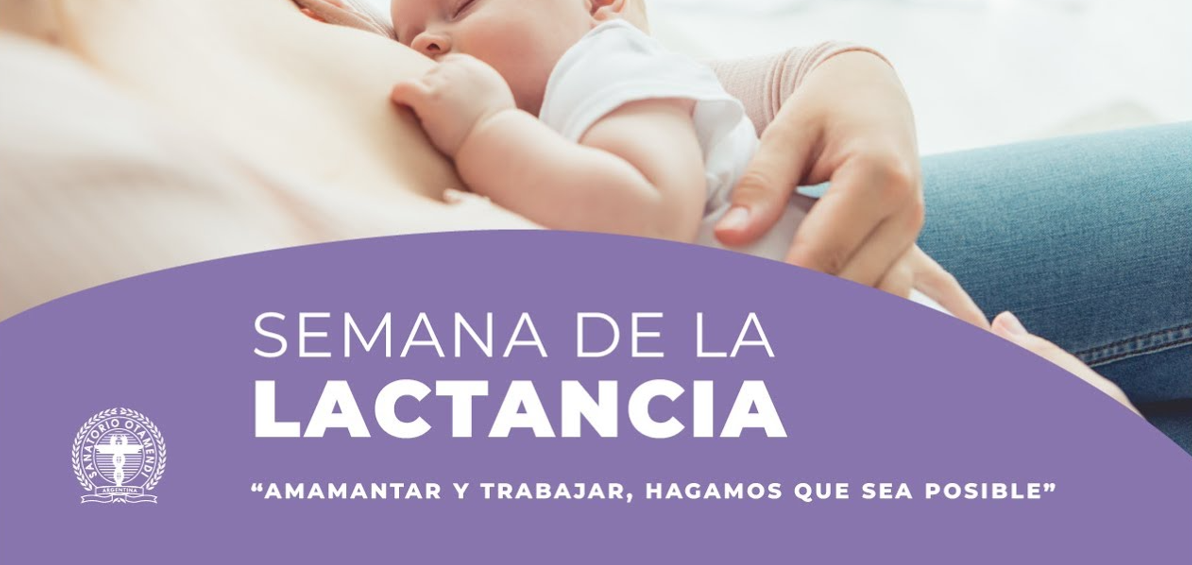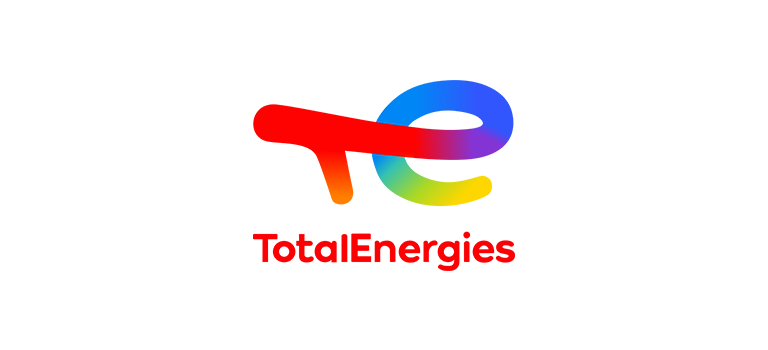- Nirsevimab is the first immunization approved for the prevention of Respiratory Syncytial Virus (RSV) designed to be given to all infants.
- RSV is the leading cause of bronchiolitis in infants under one year of age.
Following the approval of the European Commission and the U.S. Food and Drug Administration (FDA), the National Administration of Drugs, Food and Medical Technology (ANMAT) approved nirsevimab co-developed by Sanofi and AstraZeneca, for the prevention of lower respiratory tract illness caused by respiratory syncytial virus (RSV) that applies directly to infants born during or entering their first season of virus circulation, and for children up to 24 months of age who remain vulnerable to severe RSV illness until their second season.
RSV is the most common cause of lower respiratory tract illness[1], including bronchiolitis and pneumonia, in infants.1 It is also a leading cause of hospitalization in all infants, with most of these hospitalizations occurring in healthy full-term infants.
Sergio Montero
General Manager Vaccines, Southern Cone for Sanofi
“This approval by the regulatory body is a major milestone, as it will provide the possibility of protecting all infants against bronchiolitis. Argentina is now one step closer to being able to offer this innovative prevention strategy. We are fully committed to working with the authorities to help ensure the implementation and availability of this immunization for all babies.”
The approval is based on the results of the extensive clinical development program for nirsevimab that includes three pivotal late-stage trials, of which Argentina was a part. A single dose of nirsevimab demonstrated consistently high efficacy against RSV disease that is sustained for at least five months, the duration of a typical RSV season.
About Nirsevimab
In Argentina, nirsevimab is the first RSV prevention approved to protect all infants during their first RSV season, including those born healthy, at term or preterm, or with specific medical conditions that make them vulnerable to RSV disease. Nirsevimab is also approved for infants up to 24 months of age who remain vulnerable to severe RSV disease until their second RSV season.
As a long-acting antibody applied directly to newborns and infants as a single dose, nirsevimab offers rapid protection that helps prevent RSV disease such as bronchiolitis, without the need to activate the immune system. Administration of nirsevimab can be scheduled at the beginning of the virus circulation season.
Nirsevimab has received marketing authorization in the European Union, Great Britain, Canada, USA, Australia and Brazil for the prevention of RSV lower respiratory tract disease in infants from birth until their first RSV season.
In addition to receiving marketing authorization, nirsevimab has already been recommended for use in the United States, Canada, France, the United Kingdom, Spain, Austria, Luxembourg and Chile. In addition, in support of campaigns to prevent RSV bronchiolitis in infants, nirsevimab has been launched in France since mid-September, with universal indication for all newborns and infants under 6 months of age; and in Spain, it has been implemented for immunization prior to discharge from maternity in infants born during the season and in infants under 6 months of age prior to the start of the season. Nirsevimab was also launched in the United States for all children under 8 months of age.
In March 2017, Sanofi and AstraZeneca announced an agreement to develop and commercialize nirsevimab. Under the terms of the agreement, AstraZeneca is leading the development and manufacturing activities and Sanofi is leading the commercialization activities.




